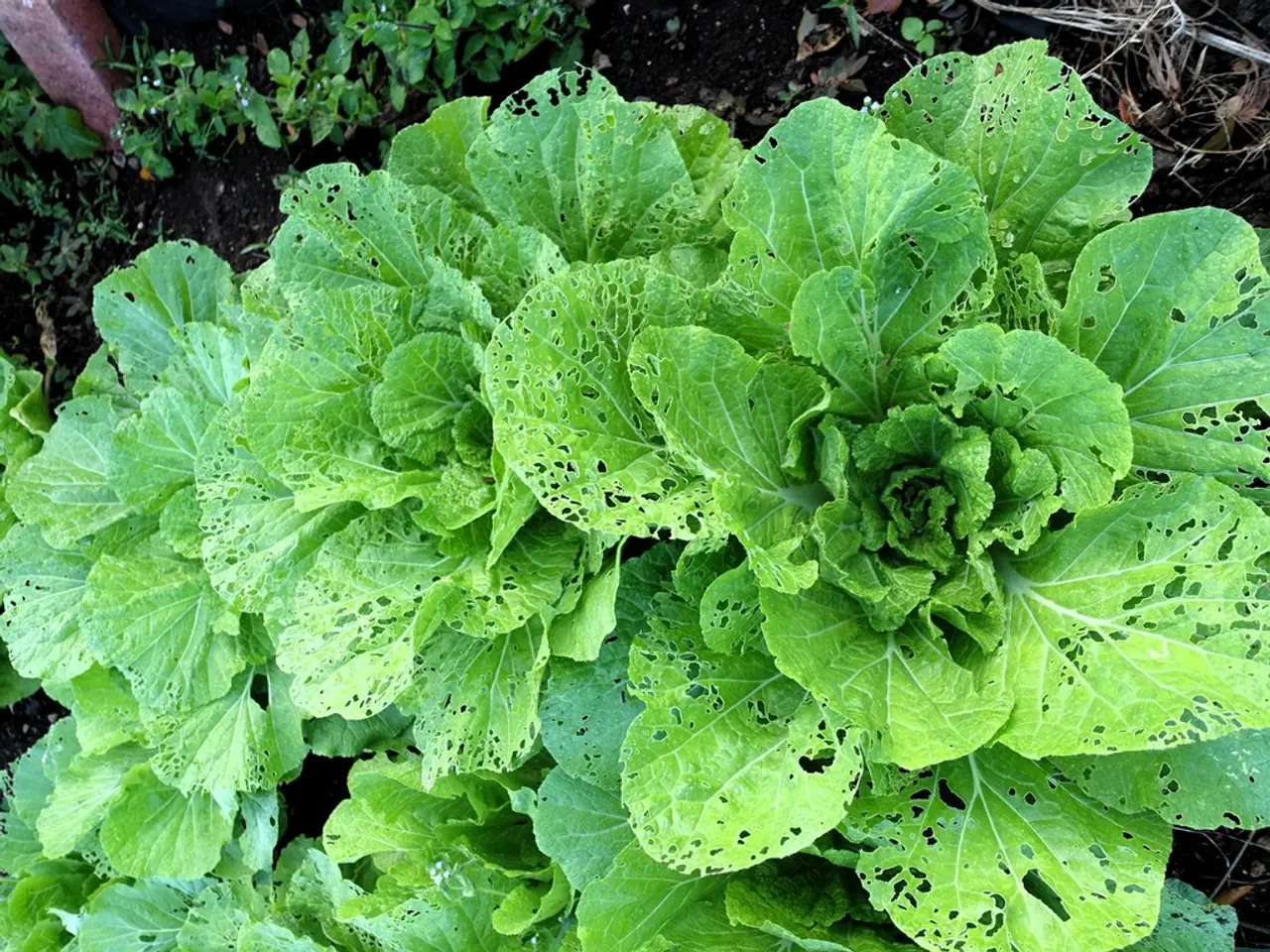Strategies for Reducing Cholesterol Levels Naturally
Consuming certain foods and natural supplements can help lower cholesterol levels, providing an alternative to statins for those seeking a more natural approach.
Statins, a common medication for lowering LDL ("bad") cholesterol, have been associated with several side effects such as an increased risk of type 2 diabetes, depletion of the heart muscle of CoQ10, muscle weakness, and vascular weakening [1]. A more recent study published in the journal Atherosclerosis found that statin use could significantly increase coronary artery calcification [2].
High cholesterol can lead to heart disease and heart attack when it builds up in the arteries. The cause of atherosclerosis, the build-up of cholesterol in the arteries, has been hypothesized to be caused by ingested cholesterol in high-fat foods. However, a more recent hypothesis suggests that systemic inflammation causes cholesterol to stick to artery walls, leading to narrowing and clogging [3].
Natural alternatives to statins for lowering LDL ("bad") cholesterol include red yeast rice, psyllium husk, plant sterols and stanols, garlic, oat bran, artichoke extract, barley, and lifestyle changes such as diet and exercise.
Red yeast rice contains monacolin K, a compound chemically similar to statins that inhibits cholesterol production in the liver. However, its potency varies because supplements are unregulated, and high doses may risk liver damage [4][5].
Psyllium husk is a soluble fiber that forms a gel in the gut, trapping bile acids and preventing their reabsorption. This forces the liver to use more cholesterol to make bile acids, lowering circulating LDL by about 5% with regular intake [1][2].
Plant sterols and stanols, found in vegetable oils, nuts, seeds, whole grains, and fortified foods, block cholesterol absorption in the intestines. They have been shown to reduce LDL cholesterol by roughly 8-10% when consumed regularly [1][4].
Other natural remedies include garlic, oat bran, artichoke extract, and barley, all of which may contribute to lowering LDL cholesterol when combined with lifestyle modifications [2].
Adopting a Mediterranean-style diet rich in monounsaturated and polyunsaturated fats (from sources like avocados, nuts, seeds, olive oil, and fatty fish), increasing soluble fiber intake, reducing saturated and trans fats, exercising regularly, quitting smoking, and maintaining a healthy weight can naturally improve cholesterol levels [3][4][5]. A diet high in soluble fiber can decrease cholesterol by 5-10 grams daily [6].
It's important to note that these natural approaches can be effective for mild to moderate LDL reduction and support cardiovascular health but are generally considered less potent than statins. They should ideally be used under medical supervision, especially if combined with other medications or if LDL levels are very high [1][2][4].
Discussing lifestyle changes with a physician is advisable when currently taking a statin drug. Processed foods and trans fatty acids, like hydrogenated oils, are associated with low-grade, systemic inflammation, which can contribute to atherosclerosis [7].
In conclusion, a combination of natural remedies and lifestyle changes can help manage cholesterol levels and promote cardiovascular health. It's crucial to consult with a healthcare professional before making any significant changes to your diet or medication regimen.
References:
- Mayo Clinic
- Harvard Health Publishing
- American Heart Association
- WebMD
- Cleveland Clinic
- National Institutes of Health
- Johns Hopkins Medicine
- Science has identified inflammation as a potential cause of cholesterol build-up in the arteries, a key factor in heart disease and heart attacks, making health-and-wellness approaches focusing on reducing inflammation important.
- Integrating therapies-and-treatments like red yeast rice, psyllium husk, plant sterols and stanols, garlic, oat bran, artichoke extract, barley, and lifestyle changes such as diet and exercise, into one's health-and-wellness routine can help manage cholesterol levels and promote fitness-and-exercise-induced cardiovascular health.
- CBD, a natural supplement derived from cannabis plants, may also play a role in lowering cholesterol levels due to its anti-inflammatory properties, making it a potential additional approach to nutrition-based health-and-wellness strategies. However, more research is needed to confirm its efficacy in this area.




